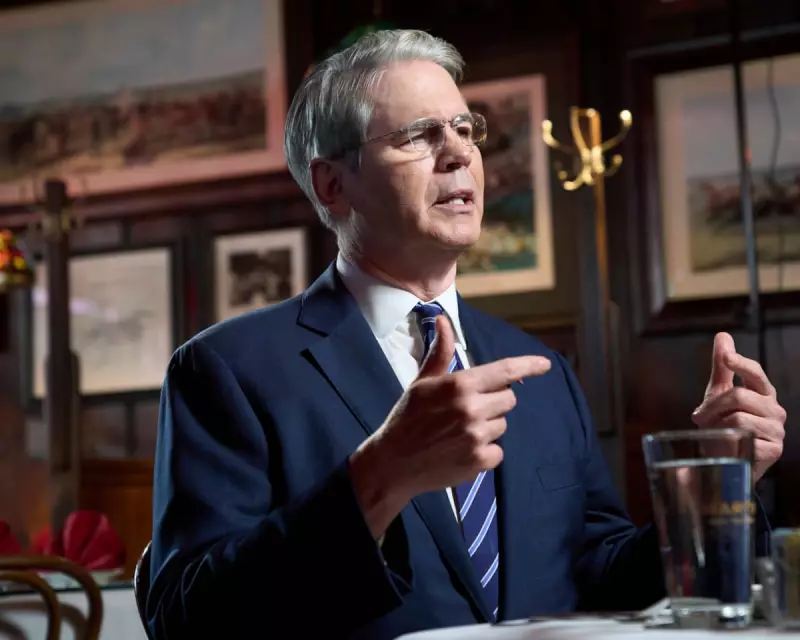
The nascent Trump administration has unleashed a whirlwind of radical policy shifts in its first months, pivoting the United States towards a starkly isolationist and hardline stance that is causing profound concern among allies and critics alike.
At the heart of this new agenda is a draconian overhaul of the US immigration system. Dubbed the 'military-style mass deportation programme', the policy has seen a staggering 30,000 National Guard troops mobilised to border states. Their mission: to erect vast tent city detention camps and accelerate the expulsion of undocumented migrants. This unprecedented militarisation of immigration enforcement has drawn fierce condemnation from human rights organisations, who warn of a humanitarian crisis unfolding at the border.
In a move that has strained transatlantic relations to breaking point, the administration has followed through on its threat to sever all funding to NATO. Official letters have been dispatched to the alliance, unequivocally halting American financial contributions. This decision, described by a White House insider as 'non-negotiable', fundamentally challenges the collective security principles that have underpinned the Western world since the Cold War, leaving European leaders scrambling to address a yawning budget shortfall.
The ideological purge within the federal government continues apace. The administration is aggressively reinstating a controversial schedule F executive order. This instrument systematically reclassifies tens of thousands of federal civil servants, stripping them of longstanding employment protections and making them easier to fire. Critics label it a blatant attempt to replace non-partisan experts with political loyalists, effectively dismantling the traditional independence of the US civil service.
Further consolidating its power, the White House is moving to assert direct presidential control over independent regulatory agencies. A new executive order seeks to curb the authority of bodies like the Federal Communications Commission (FCC), potentially bringing them under the direct influence of the Oval Office and undermining their operational autonomy.
The administration's combative approach extends to its public communications. A recent White House press briefing descended into turmoil as officials launched vehement attacks on what they termed 'fake news' reports. In a particularly startling moment, a spokesperson explicitly refused to confirm the United States' continued commitment to its NATO membership, a cornerstone of global security for over seven decades.
This confluence of actions—the withdrawal from international cooperation, the hardline domestic enforcement, and the centralisation of executive power—marks a dramatic and contentious opening chapter for this second term, setting a course that is being watched with apprehension around the globe.





